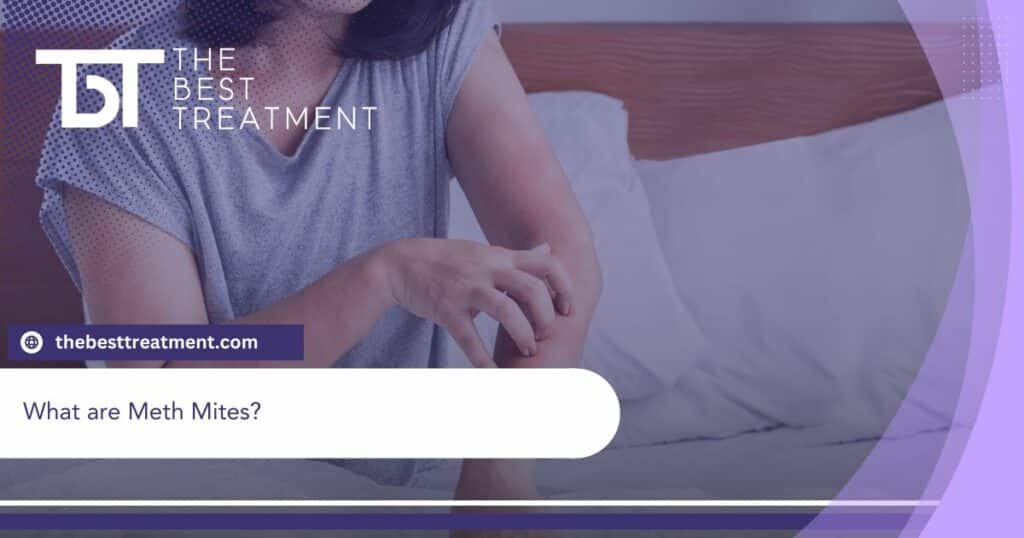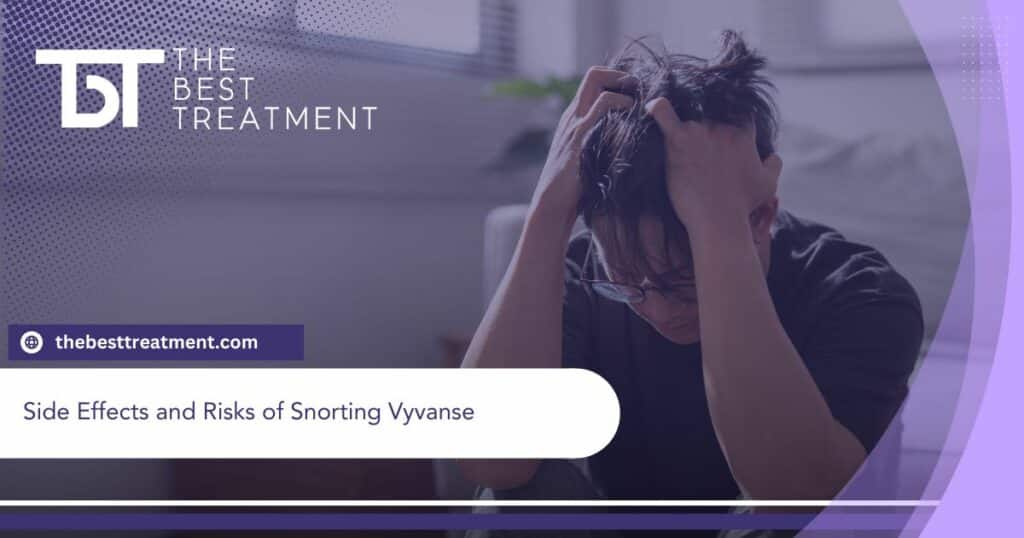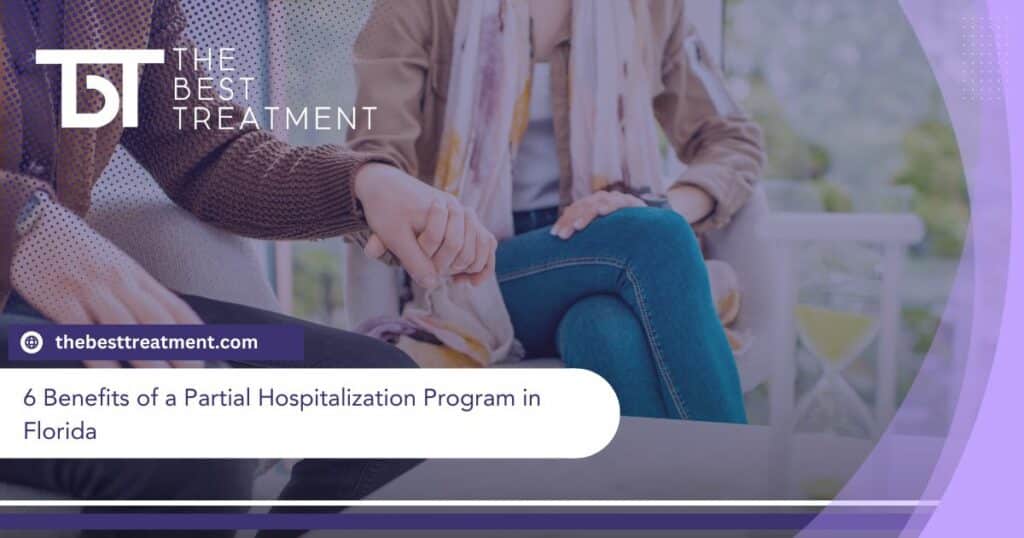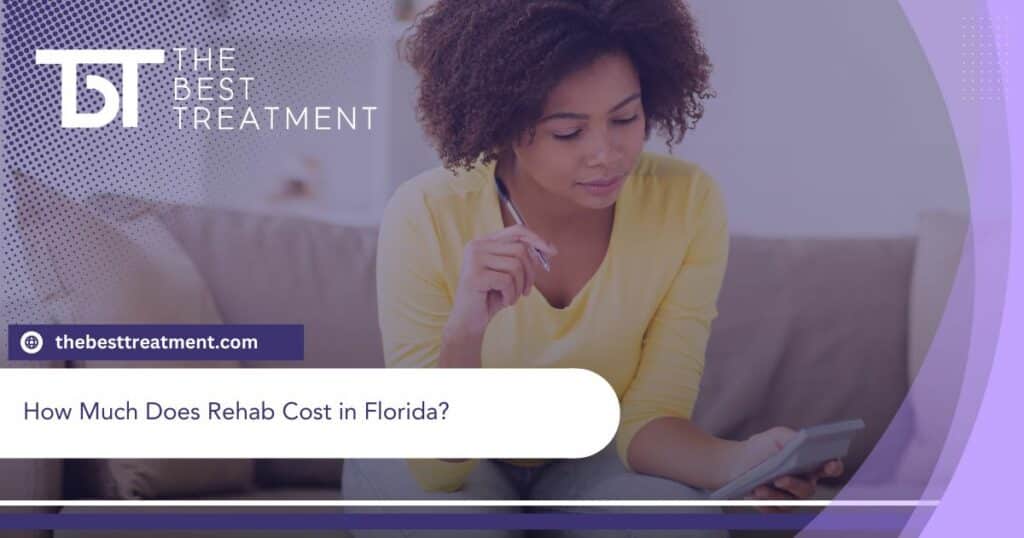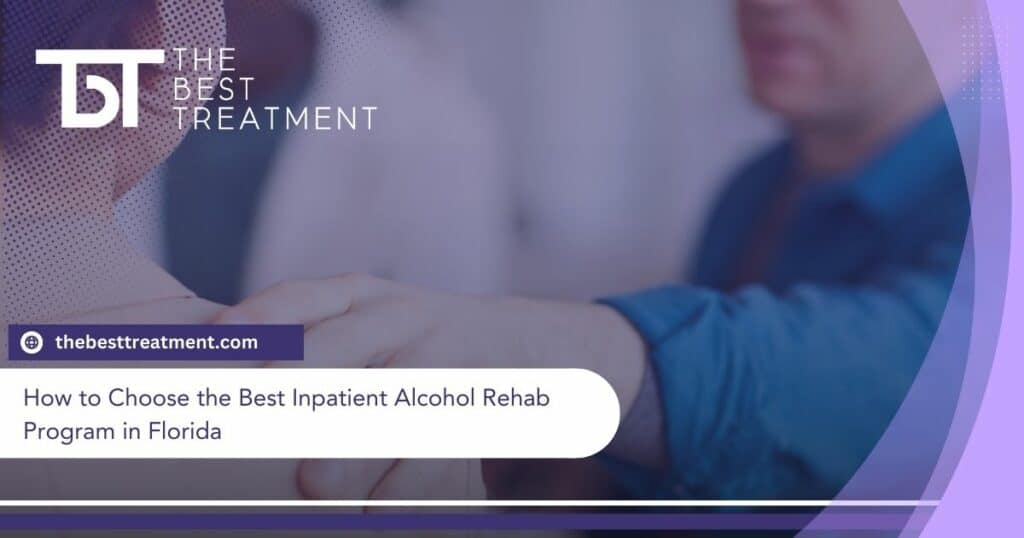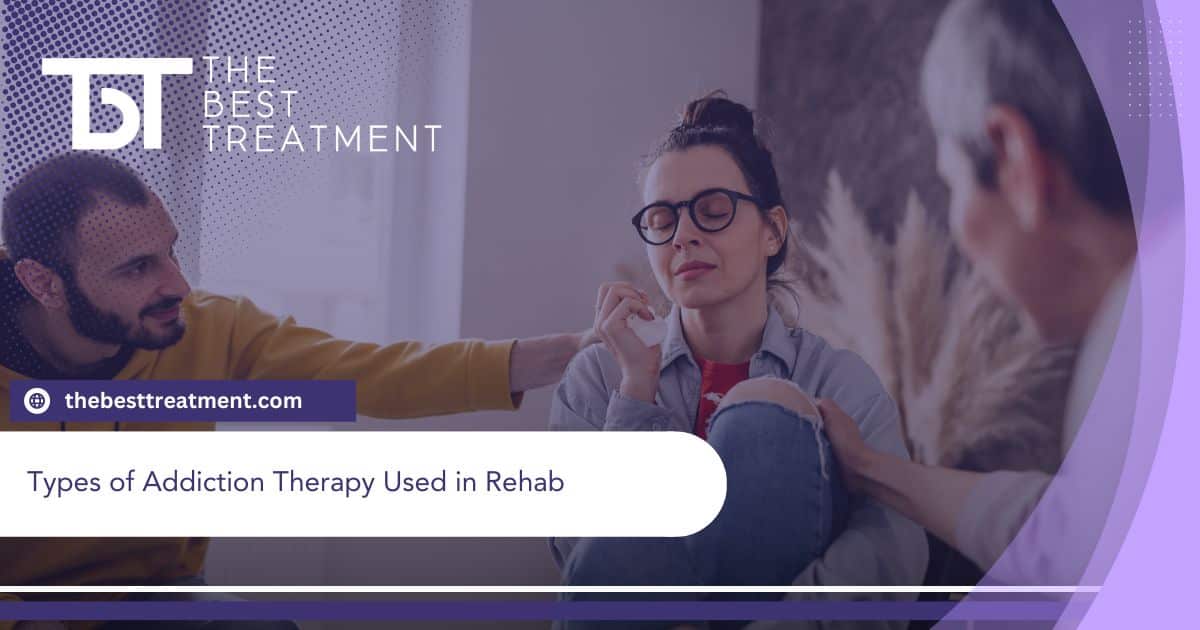Table of Contents
What is Addiction?
According to the American Society of Addiction Medicine, addiction is defined as a treatable, chronic medical disease influenced by genetics, the environment, and life experiences. Individuals living with addiction may use substances or engage in high-risk behaviors despite harmful consequences, such as physical and mental health disorders.
Substance abuse treatment programs feature licensed addiction counselors who can help individuals break free from the grips of drugs and alcohol.
About Addiction Therapy
Tailored to meet the unique needs of each individual, addiction therapy and counseling provide a safe and non-judgmental space for healing and growth. Therapy provides a compassionate and supportive framework for individuals to explore the underlying causes of addiction and develop the necessary coping skills for long-lasting sobriety.
At The Best Treatment, we believe that by addressing the underlying causes of addiction and developing coping skills, these therapeutic interventions help individuals reclaim their lives and achieve lasting sobriety.
Types of Addiction Therapy and Counseling
Evidence-based practices are a cornerstone approach to addiction therapy, with each method designed to accommodate the patient’s individual needs.
The goal of evidence-based addiction treatment is to empower individuals to confront their substance use disorders and discover the underlying psychological, social, and physiological factors driving their addictive behaviors. Therapy can address co-occurring disorders and help individuals prevent relapse.
These therapeutic practices help individuals develop healthy coping mechanisms and enter recovery with the tools and resources necessary for lifelong success.
The most common methods of addiction therapy include:
Cognitive Behavioral Therapy (CBT)
CBT is a commonly used addiction treatment in which clients work collaboratively with a therapist to identify and change distorted thoughts and beliefs contributing to emotional distress and dysfunctional behaviors.
The belief is that individuals will develop healthier coping mechanisms and more adaptive responses to life’s challenges by learning to recognize and modify these thought patterns before they arise.
Individual Therapy
Individual therapy, also known as counseling or psychotherapy, is a foundational component of substance abuse counseling, helping individuals achieve and maintain sobriety by fostering self-awareness and resilience.
In individual therapy sessions, clients work one-on-one with a trained substance abuse counselor to explore and address the underlying factors contributing to their substance use disorder. It is a safe space where they can express their thoughts, feelings, and experiences surrounding addiction with guidance and support.
Group Therapy
Group therapy is a vital addiction therapy treatment, providing individuals with a supportive and collaborative environment to address their substance abuse. Led by a trained therapist, group therapy sessions invite individuals to share their experiences, challenges, and successes as they relate to overcoming substance abuse.
This therapy treatment helps individuals foster connections with those who understand the complexities of addiction and contributes to overall healing and growth by creating a sense of community in the journey to recovery.
Family Therapy
Family involvement and support are vital when it comes to overcoming addiction.
Family therapy focuses on repairing and strengthening relationships within the family system. It provides a safe and supportive space for individuals struggling with substance abuse and their family members to come together and address the impact of addiction on family dynamics, conflict resolution, and problem-solving.
Involving family members in the recovery process can create a healthy environment that encourages long-term sobriety and healing for all family members.
Experiential Therapy
Experiential therapy is an innovative addiction therapy treatment that utilizes a hands-on, interactive, holistic approach to recovery by incorporating mind, body, and spirit in the healing process.
Unlike traditional talk therapy, experiential therapy invites individuals to explore various physical and creative activities that encourage self-expression, self-awareness, and personal growth while also helping develop coping skills for managing cravings and triggers related to substance abuse.
Examples of experiential therapy techniques include art therapy, music therapy, creative writing, play therapy, adventure therapy, and more.
Psychodynamic Therapy
Psychodynamic therapy is an addiction therapy method that explores the unconscious factors contributing to substance abuse and addiction.
In psychodynamic therapy sessions, individuals work with a trained therapist on an in-depth exploration of past experiences, relationships, and early childhood experiences. It helps clients address underlying conflicts, emotions, and patterns of behavior that may be the underlying cause of their addictive behaviors.
Psychodynamic therapy aims to facilitate emotional healing and promote self-awareness and personal growth by addressing the underlying psychological components contributing to addiction.
Relapse Prevention Therapy
Relapse prevention therapy is a specialized approach designed to help individuals identify and manage the triggers, cravings, and challenges that may arise throughout recovery.
Relapse prevention is an addiction therapy focused on enhancing problem-solving skills, building a strong support network, and fostering a positive attitude toward recovery. It helps individuals develop personalized strategies and coping mechanisms to strengthen and maintain their sobriety, especially in times of unprecedented stress.
12-Step Facilitation Therapy
TSF is a structured, evidence-based approach to addiction therapy that guides individuals through the core principles and practices of 12-step programs like Alcoholics Anonymous (AA). It involves admitting powerlessness over addiction, surrendering to a higher power, making amends, and striving for personal growth.
Programs offering 12-step facilitation therapy encourage education, self-reflection, and group support, to help individuals apply the principles of the 12 steps to their own lives, develop a sense of accountability and responsibility for their addiction, and build connections with others on the road to recovery.
Addiction Therapy in Florida at The Best Treatment
Addiction therapy and counseling provide support and guidance for individuals on their journey to recovery from substance use disorders. As we continue to deepen our understanding of addiction therapy, we can better provide accessible and practical support for those in need.
The Best Treatment offers substance abuse counseling in Florida, including evidence-based therapies, holistic approaches, and peer support groups. Our treatment center can help you on the path to recovery so you can take the first step to a brighter future. To learn more about our substance abuse treatment plans or to get started with a confidential, risk-free assessment, please contact us today.
Medically Reviewed: September 25, 2019

All of the information on this page has been reviewed and verified by a certified addiction professional.





